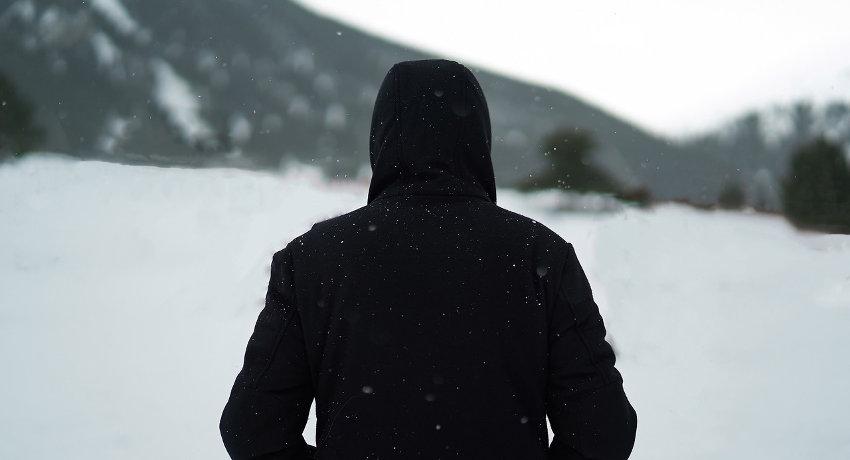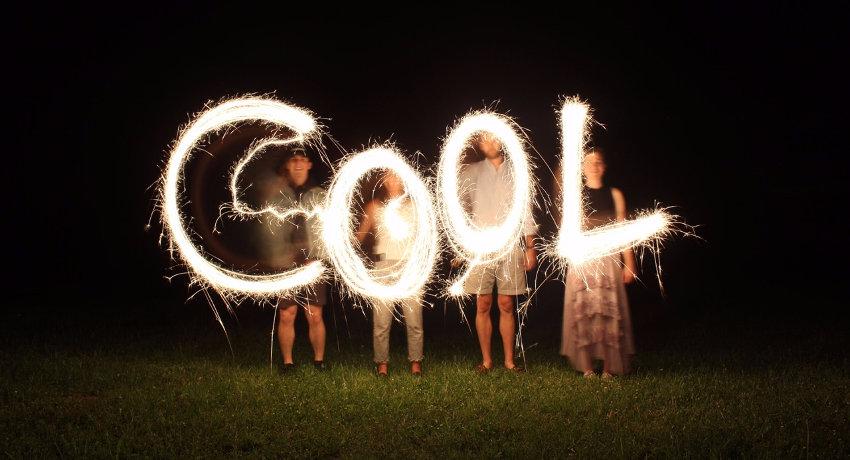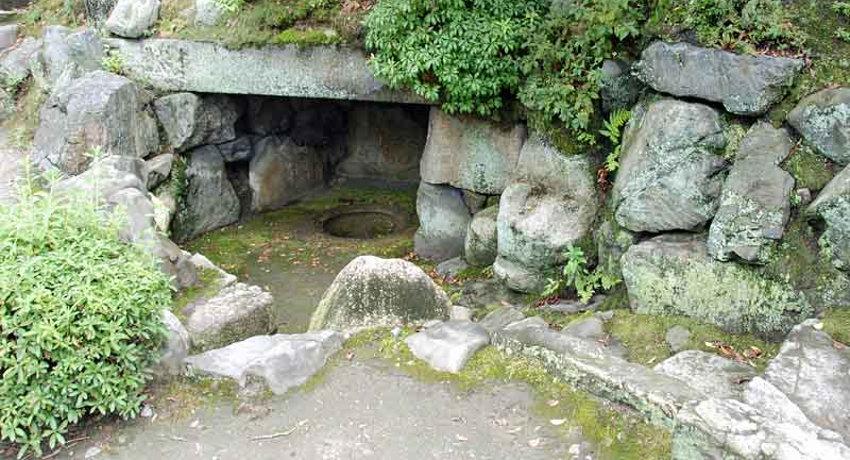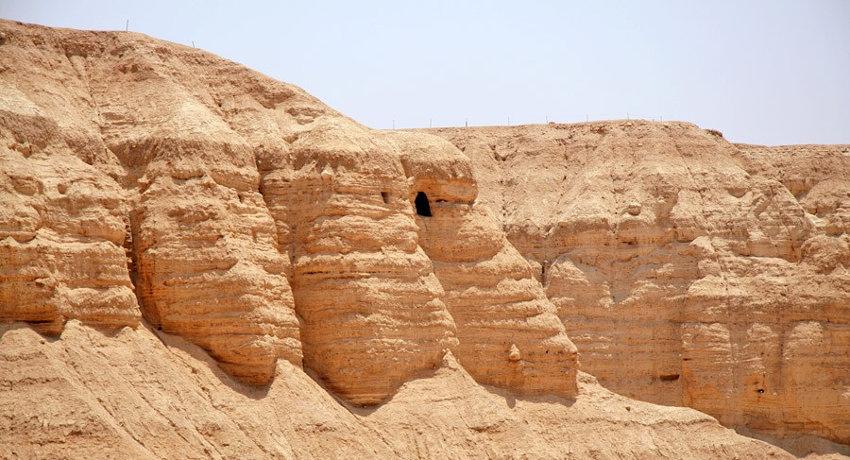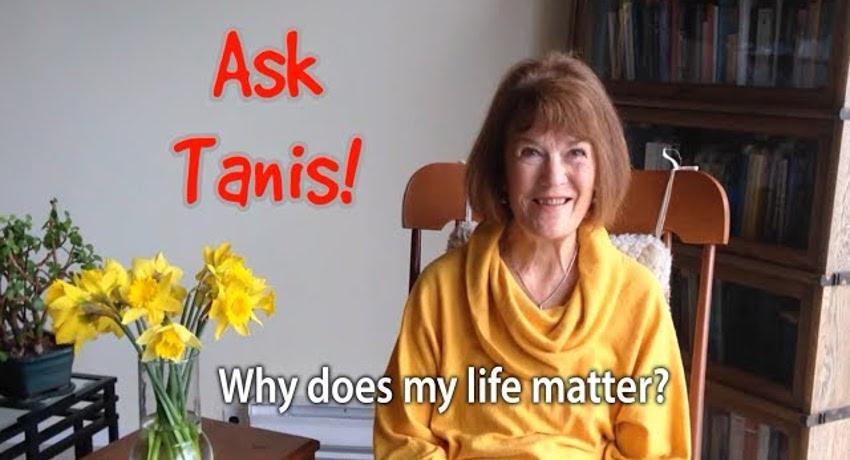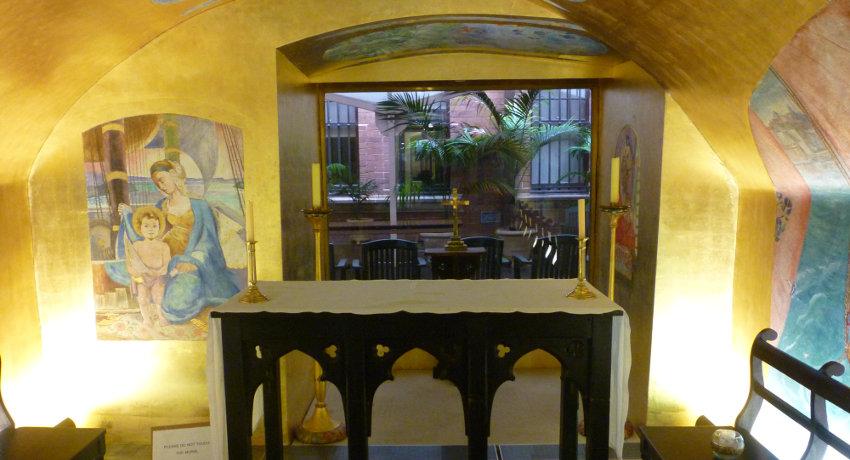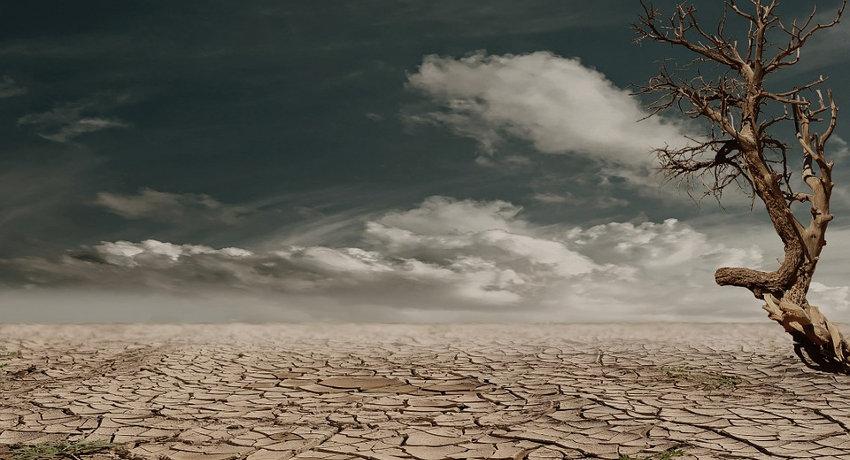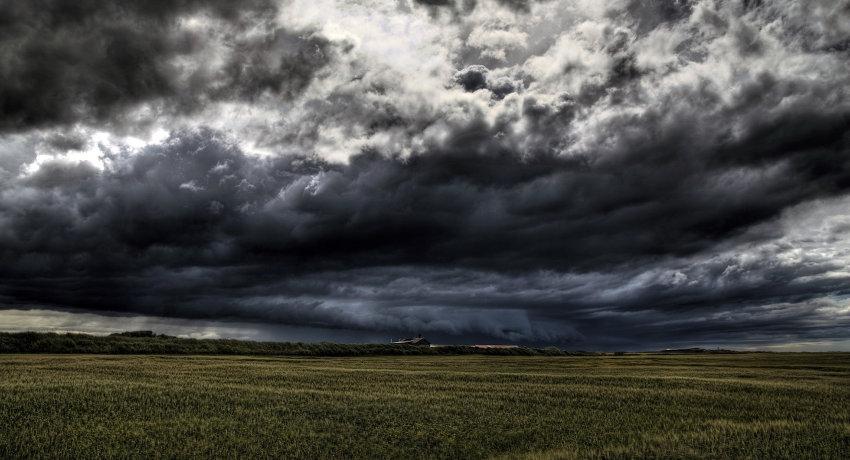Blog
My passion is reclaiming the best of the past, old wisdoms, and marrying them with today's best of ideas for a better tomorrow - finding powerful ways to make the heart dance, the soul sing.
Boys have always had secret lives. It’s part of growing up. That’s why boys love cyberspace and new technologies. They’re beyond the reach of parents, and they offer boys endless ways to hang out with peers, to explore, to push their boundaries, to belong.
While this generation of teens is the most affluent and articulate yet, studies indicate they’re battling escalating levels of anxiety and depression. Not surprising given today’s teens are facing a whole raft of new experiences and challenges no other generation has faced. So how can we help them join the dots?
Few adults appreciate the overwhelming pressure our boys and girls are facing to think, act, dress, consume, and interpret the world in ways, which all too frequently diminish and dehumanise, which impacti our home life and schools, our communities and nation.
It’s concerning to see boys at war with themselves and the world. But what if radicalisation were to provide us with some powerful insights? We know boys adrift from society are at their most vulnerable. Yet too often we fail to assist these boys, so they struggle on alone.
Fairies appear in our lives in a multitude of ways. ‘Many traditional cultures have sensed the presence of spirits in nature,’ tells British healer and researcher David Furlong. ‘Japan’s Shinto religion specifically worships the spirits of place, the Kami, which reside in rocks and caves. The beings inhabiting these realms are just as conscious as you and I, though they have a different way of connecting to the physical world.’
Landscape is powerful. It has the capacity to inspire like little else, to connect us to all that is sacred within and around us, as psychologist Sharon Snir recently observed. ‘People are often surprised to hear Israel is only one third the size of Tasmania,’ tells Sharon, ‘yet one half of this incredible country is desert. The Negev may appear to be miles of dry desert, however on closer inspection the rocks and mountains offer much more, reveal the shapes of wild animals, faces and creatures from another world. This is no ordinary desert. It whispers ancient wisdom.
In 1985 Tanis Helliwell rented a cottage in Ireland hoping for a retreat as she was experiencing a lot of shifts in her personal life. What Tanis hadn’t reckoned on was finding the cottage already inhabited by a little man and woman and their two children, who briskly informed her they had lived here for hundreds of years. They went on to say they were willing to share the cottage as long as she observed their rules, while warning her of less-than-friendly elementals down the lane.
Every city has places that quietly yet powerfully uplift us, enabling us to recalibrate, rebalance, move along. When we spend time in our city’s sacred places we help heal our fractured selves. We’re more awake to the world around us – to Nature, to others, to what makes our souls sing.
I never expected to fall in love with deserts. They’d always seemed so barren and inhospitable. Devoid of nurture, warmth and beauty of any kind. How wrong I was.
An anthropologist friend once told of how she’d gone to live with an indigenous group in the Australian desert and how challenging she’d found the experience, until the desert ‘began to sing’ to her, then her whole relationship with the desert was transformed.
‘Even as a very small child I had a connection to the weather. I loved being outdoors. I’ve always felt safe and protected there, and need to be in Nature at least part of every day, even if only for ten minutes. This helps me unwind, feel cleansed and balanced. I’ve never felt afraid if I was alone in the woods as I feel a presence there, walking with me, protecting me.
